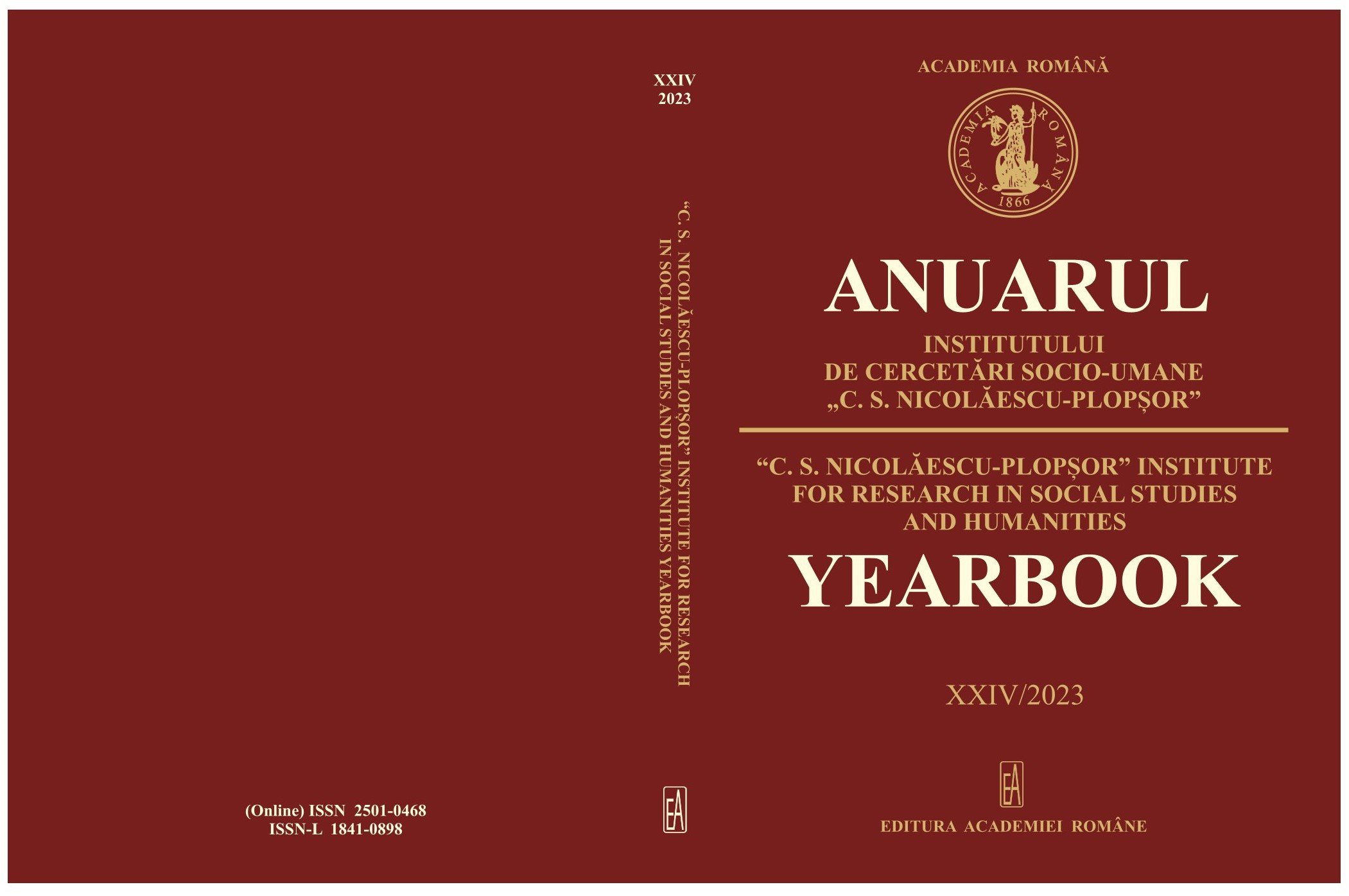The Activity of the “Renaşterea” Priesthood Society from Oltenia, in the Socio-Cultural and Political Context from 1938–1940 and the Establishment of the Social Service Institution
The Activity of the “Renaşterea” Priesthood Society from Oltenia, in the Socio-Cultural and Political Context from 1938–1940 and the Establishment of the Social Service Institution
Author(s): Diana-Mihaela PăunoiuSubject(s): Local History / Microhistory, Social history, Interwar Period (1920 - 1939), WW II and following years (1940 - 1949)
Published by: Editura Academiei Române
Keywords: “Renaşterea” Priesthood Society; royal dictatorship; Social Service; 1938-1940; Oltenia;
Summary/Abstract: This paper approaches one of the faces of transposition into practice mechanism of inter-institutional cooperation, enforced thru the Social Service law, in October, 1938. The case of the Priesthood Society “Renaşterea”, socio-professional society that united the active and retired priests and deacons from Oltenia, of which social activity interfered/intersected, mostly, with the activity of the new institution, can be considered a similar pattern also for the integration of other institutions and associations that activated prior to 1938 in the socio-cultural field. The analysis has in the centre the idea that the politic register of Carol II royal dictatorship was a reference point that should have been considered by all public institutions and organisations to operate. Based on the analysis of some archive documents (consisting in the reports of the “Renaşterea” Society, the correspondence between the representatives of the society and the administrative and cultural authorities), the two parts of the article highlights the organisational and functional complications the Social Service law caused to the “Renaşterea” Priesthood Society, and also the efforts of this socio-professional association to keep the continuity of its existence, and also the place earned over time within local communities. In this matter, the necessity of integration/connection of its activity with the newly formed institution appeared as a forced compromise solution, determined by the restrictive limits of the Carlist regime.
Journal: Anuarul Institutului de Cercetări Socio-Umane „C.S. Nicolăescu-Plopșor”
- Issue Year: 2023
- Issue No: XXIV
- Page Range: 49-68
- Page Count: 20
- Language: English

